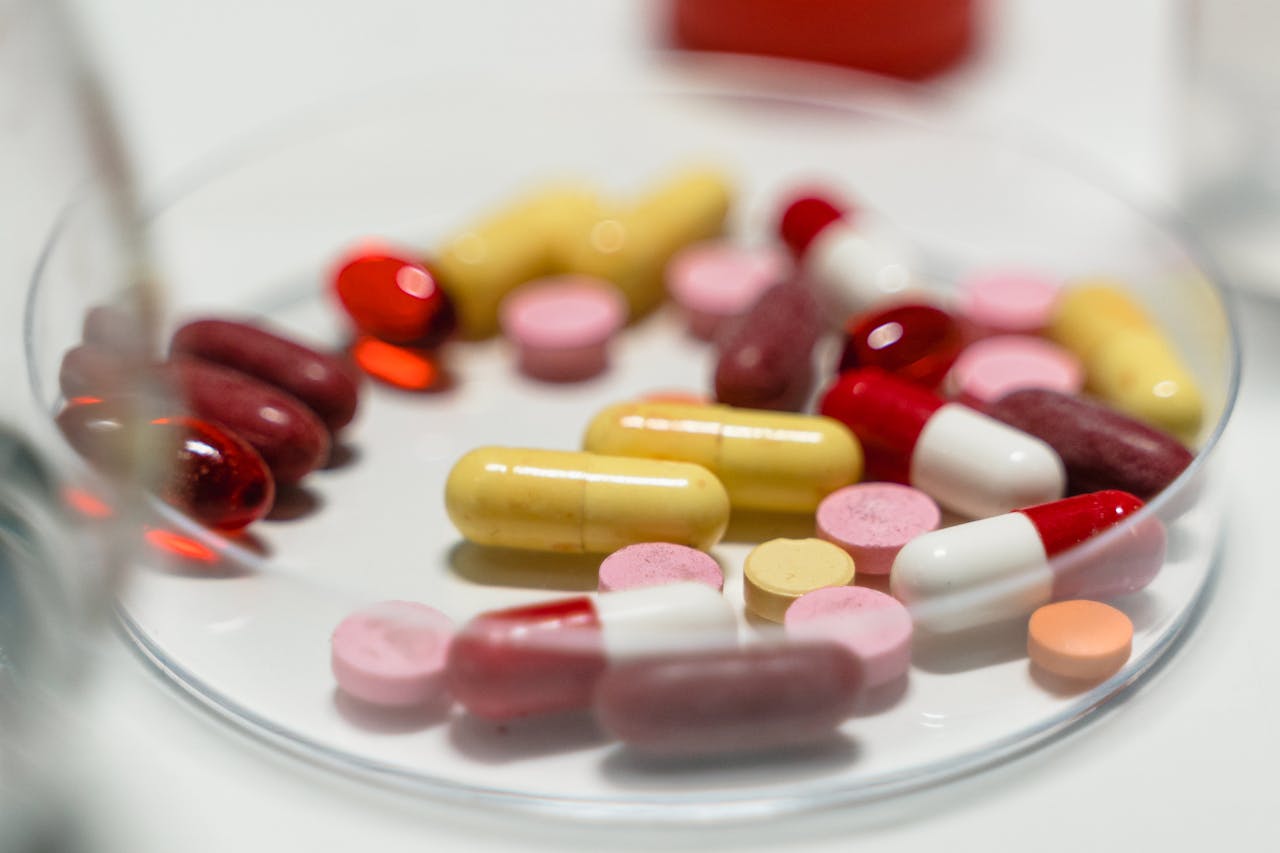Chronic Kidney Disease (CKD) disrupts more than just kidney function—it also profoundly impacts gut health. Research shows that CKD patients often suffer from gut dysbiosis, an imbalance in gut bacteria that worsens inflammation, toxin buildup, and kidney damage 211. Probiotics, the "good bacteria," offer a promising way to restore gut balance, reduce uremic toxins, and potentially slow CKD progression.
In this guide, we’ll explore:
-
The science behind probiotics and CKD
-
The best probiotic strains for kidney health
-
Food vs. supplement sources
-
Safety considerations
-
Practical steps to improve gut health
Why Gut Health Matters in CKD
The gut-kidney axis highlights how gut bacteria influence kidney function and vice versa. In CKD:
-
Uremic toxins (e.g., indoxyl sulfate, p-cresyl sulfate) accumulate due to poor kidney filtration. These toxins damage the gut lining, causing "leaky gut" and systemic inflammation 211.
-
Dysbiosis occurs when harmful bacteria outnumber beneficial ones, further increasing toxins and inflammation 1013.
-
Dietary restrictions (low fiber, low potassium) reduce prebiotics, starving good bacteria 311.
Probiotics can counteract these effects by:
-
Breaking down uremic toxins in the gut 613.
-
Strengthening the gut barrier to prevent toxin leakage 1113.
-
Reducing inflammation (e.g., lowering CRP and IL-6 levels) 1015.
Top Probiotic Strains for CKD
Not all probiotics are equal. Here are the most researched strains for kidney health:
1. Lactobacillus Strains
-
L. acidophilus: Enhances gut barrier function and reduces inflammation 213.
-
L. rhamnosus: Lowers uremic toxins and improves gut microbiota balance 13.
-
L. plantarum: Shown to reduce oxidative stress in early CKD 2.
2. Bifidobacterium Strains
-
B. longum: Metabolizes protein-bound toxins like p-cresol and indoles 613.
-
B. bifidum: Supports immune function and reduces toxin absorption 13.
3. Specialty Strains
-
Streptococcus thermophilus: Breaks down urea and creatinine 6.
-
Saccharomyces boulardii (a yeast): Acts as an antioxidant and protects renal structure 13.
Renadyl™ (a blend of S. thermophilus, L. acidophilus, and B. longum) is the only probiotic specifically studied for CKD, showing benefits in toxin reduction and eGFR stabilization 611.
Food vs. Supplements: Best Sources
Probiotic-Rich Foods
While foods like yogurt, kefir, and kimchi contain probiotics, CKD patients must watch for high potassium, phosphorus, or sodium in fermented foods. Kidney-friendly options include:
-
Greek yogurt (4–6 oz/day) 7.
-
Tempeh (2–3 oz/day) 13.
-
Refrigerated sauerkraut (avoid canned/vinegar-based) 13.
Supplements
For targeted benefits, probiotic supplements are often more effective. Look for:
-
High CFU count (50–90 billion CFUs daily) 13.
-
Strain specificity (prioritize Lactobacillus and Bifidobacterium blends) 10.
-
Enteric-coated capsules to survive stomach acid 2.
Recommended brands:
-
Renadyl (90 billion CFUs, kidney-specific strains) 611.
-
Ultiren (multiple formulations for CKD) 13.
Safety & Considerations
-
Consult your doctor before starting probiotics, especially if immunocompromised or post-transplant 13.
-
Start slow to avoid bloating or diarrhea 11.
-
Pair with prebiotics (e.g., garlic, onions, bananas) to feed good bacteria 313.
5-Step Action Plan for Better Gut & Kidney Health
-
Take a kidney-specific probiotic (e.g., Renadyl for 90 days).
-
Eat prebiotic foods daily (asparagus, oats, apples).
-
Limit processed foods that harm gut bacteria.
-
Stay hydrated to support digestion and toxin removal.
-
Monitor labs (e.g., CRP, eGFR) to track progress.
The Bottom Line
While research is still evolving, probiotics show real promise for CKD patients by improving gut health, reducing toxins, and lowering inflammation. For best results, choose targeted strains, combine with prebiotics, and work with a renal dietitian to personalize your approach.
Have you tried probiotics for CKD? Share your experience in the comments!
References & Further Reading
Disclaimer: This post is for informational purposes only. Always consult your healthcare team before making dietary changes.


